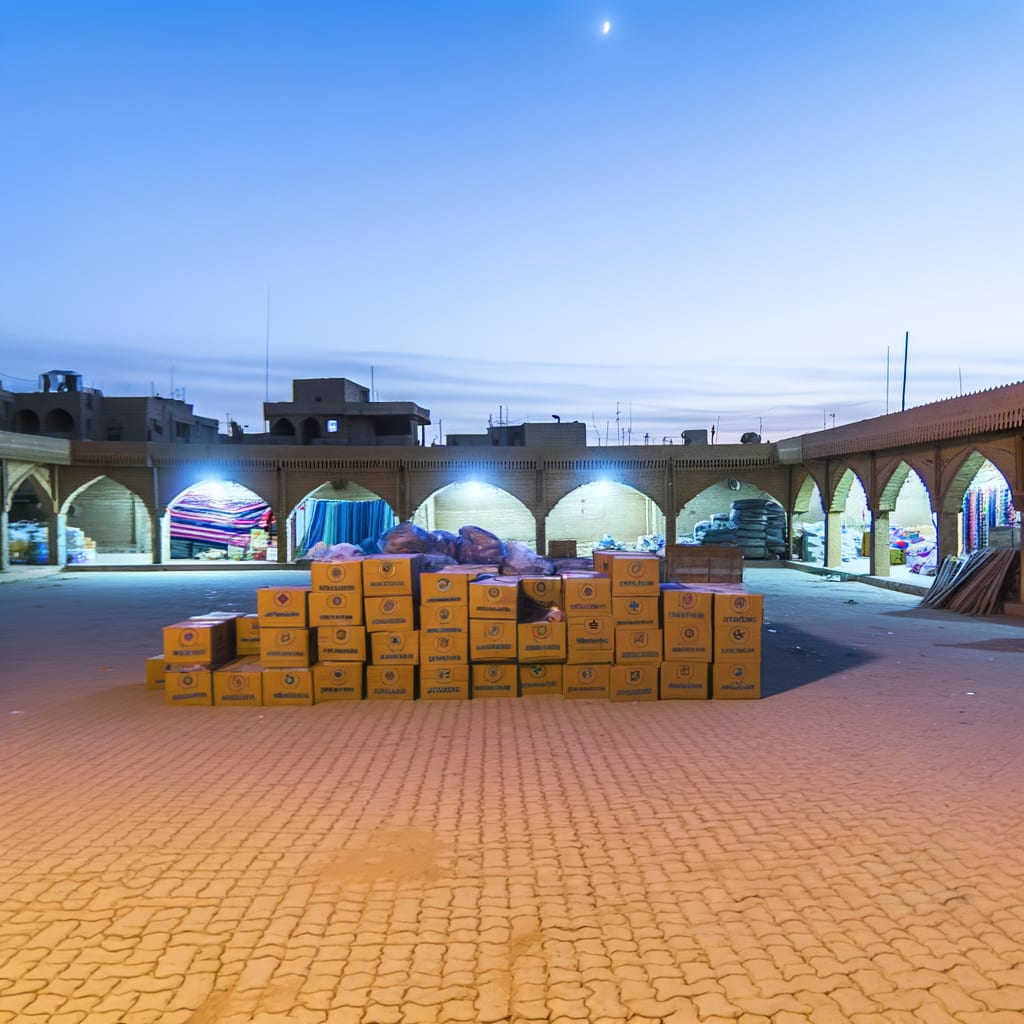Gaza Hunger Crisis Deepens Amid Limited Relief Efforts and Aid Distribution Controversy
The Gaza Strip continues to face an unprecedented humanitarian crisis with hundreds of lives lost to starvation and malnutrition as a result of Israel's months-long blockade of aid, according to data from the Gaza Government Media Office (GGMO). Despite international outcry and relief efforts, including a recent aid drop by the Royal Canadian Air Force and contributions from other nations, the delivery of aid remains severely restricted.
Mounting Humanitarian Crisis
The GGMO reports that only 14 percent of the daily required aid is reaching Gaza, with the total number of aid trucks entering the area since July 27 averaging just 84 per day. The Israeli military's tactical pause
in some areas of Gaza, purportedly to facilitate the arrival of UN convoys, has not significantly improved the situation. Reports of attacks and killings continue across most of the Strip, exacerbating the already severe conditions.
The Palestinian Health Ministry has recorded at least 180 deaths due to hunger and malnutrition, including 93 children and infants. Furthermore, the World Food Programme (WFP) states that the volume of aid reaching Gaza is insufficient, likening the escalating disaster to some of the worst famines of the past century.
Aid Delivery Controversy
In response to international pressure, Israel has announced it will allow the gradual and controlled entry of goods to Gaza through local merchants, an initiative coordinated by the Israeli military agency, Cogat. However, this move has been met with skepticism, as the GGMO claims that over 22,000 aid trucks are still blocked at the Gaza Strip crossing gates by Israel.
Despite these obstacles, several countries, including Canada, Belgium, Germany, Egypt, Jordan, and the UAE, have delivered aid packages, with Canada airdropping over 21,000 lbs of aid into Gaza. The US, through the Gaza Humanitarian Foundation (GHF), has also contributed $60 million for aid distribution.
International Concerns and Reactions
The international community remains divided over the handling of the Gaza crisis. While Israeli Prime Minister Netanyahu denies the existence of famine in Gaza, US President Donald Trump contradicts this, acknowledging the real starvation
in the area. German Chancellor Friedrich Merz has called on Israel to urgently improve the situation in Gaza, warning against any further annexation of the occupied West Bank. Meanwhile, the Boston Consulting Group faces protests for its role in creating an aid distribution system, which according to the UN, led to ethnic cleansing
in Gaza.
As the crisis continues to unfold, the Palestinian health ministry urges civilians to protect convoys of medical trucks entering Gaza, as looting of humanitarian aid has been reported amid the widespread hunger.
Current Status
With at least 1,373 Palestinians killed while seeking aid, according to the UN Human Rights Office, and the IPC warning of a worst-case scenario of famine
unfolding in Gaza, the situation remains dire. Despite the efforts of international organizations and countries, the full volume of necessary humanitarian aid is still not reaching the people of Gaza, further escalating the crisis.

